There are two types of sleepers in the world: those who sleep without incident and then there’s the rest of us. The rest of us suffer some form of sleep inhibition, like restless leg syndrome, restless mind syndrome, or my wife’s restless mouth syndrome. (Kidding, honey.)
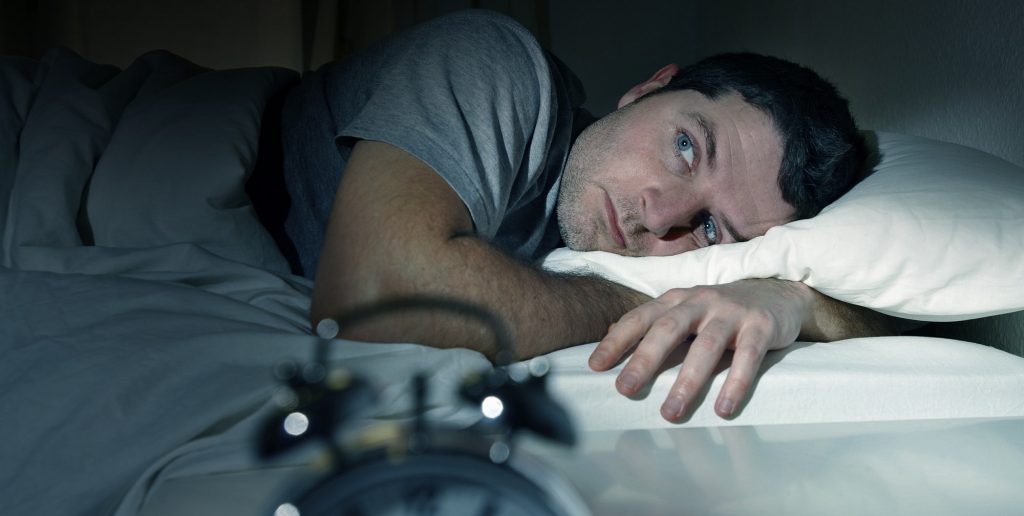
Add to all this the endless debates about seven versus eight hours, to medicate or not, and whether we should even be sleeping in one big block or two smaller periods of sleep.
No doubt, the conversation gets complicated.
Whether you sleep in one big chunk, take pills to knock out or talk your spouse to sleep, most exercising adults could benefit from these five basic rules. Before you succumb to a pill habit, try adjusting these variables first.
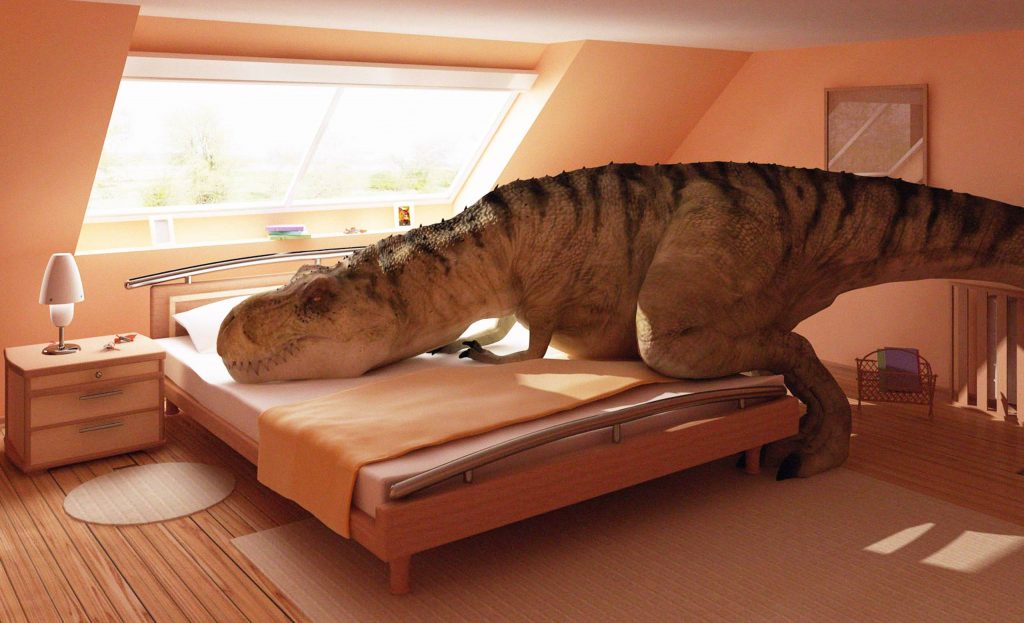
Buy the right bed.
The right bed is not always the most expensive, nor is it often the one we think.
Most folks, if you ask them, would say they need a hard bed, the harder the better. The problem with this for active adults, especially those who spend their non-active hours in a desk chair, is the hips.
Hips tend to get wound up. Tight hips pull on the lower back so much, that when the body finally goes into deep sleep, most exercisers hips will tilt into the mattress. If the mattress isn’t soft enough to support the lower back when the hips drop, the lower back will flatten against the mattress. This is no bueno in the morning.
To test this, try adding a quality, thick foam topper to your stiff mattress for thirty days. If it works, on your next mattress purchase buy the thick pillow top version.
By the way, sleep on your back, or toss a pillow between your thighs when on your side. No chest sleeping. No, no, no.
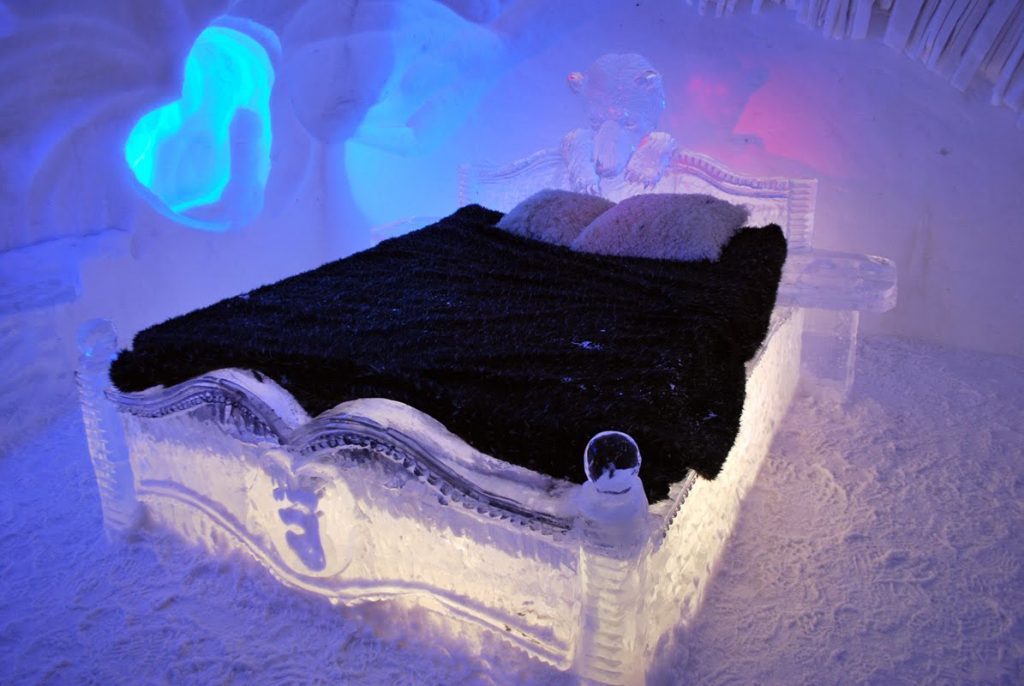
Keep cool.
The room you sleep in should stay cool to have the best chance of staying under the covers. Under those covers, you should be warm enough to be comfortable but not so warm you sweat.
Use the lightest possible blanket you can to keep you warm, but don’t get cold. That is not the goal.
If you constantly have to throw one leg out to balance your body temperature, you may need to lighten your blanket selection or buy a larger bed.
Your partner may be sleeping too close, driving up your core temperature. While cuddling is lovely, it’s probably not helping you get the best sleep in the long run.

Manage your hydration.
You don’t want to be thirsty before bedtime or in the middle of the night. Alternatively, you don’t want to be so hydrated you are running to the bathroom every two hours.
Albeit this seems like a nuisance to manage, developing awareness and rules around your evening beverage behavior is key. Remember, sleep is the foundation of your waking hours.
You want to cut off the liquids at the best time for the day that works for you. You know your body best. Find the right time, get properly hydrated by that time, then stop drinking liquids.
Speaking of drinking, this gets challenging when you introduce alcohol into the picture. Alcohol adds a whole ‘nother layer of challenges.

Light Lock Your Sleeping Area
There’s no better way put it: black as night. You want your sleeping area as dark as you can make it. That means, no light wash from street lamps, moonlight, early sunlight, electronics, laser beams or alien UFOs.
Even light that doesn’t hit your eyes can impede your sleeping efforts.
The most you may have is some glow tape to guide you to the bathroom, but keep it low in the room. It won’t need to be charged very brightly to light up your super-dark room.
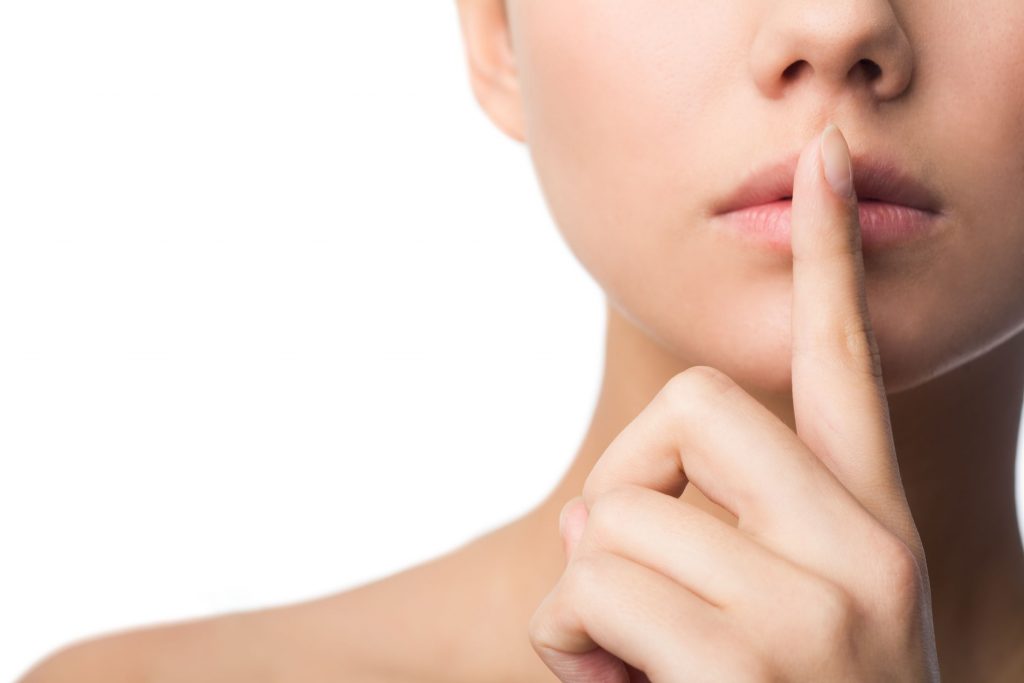
Control the Noise
Believe it or not, there’s an app for that. In fact, there are so many apps it will take you a month, downloading trial versions before you find the one that works for you.
The best sound for sleep is white noise; noise that has no rhythm. Music will keep you from achieving deeper levels of sleep, but sound like a whirring fan or falling rain will even out the spurious alarms of the world outside your cave.
Inside your home, or out on the street, even if they don’t wake you, noises will keep you from staying in a deep sleep. A little white noise and those sound won’t even reach your ears.
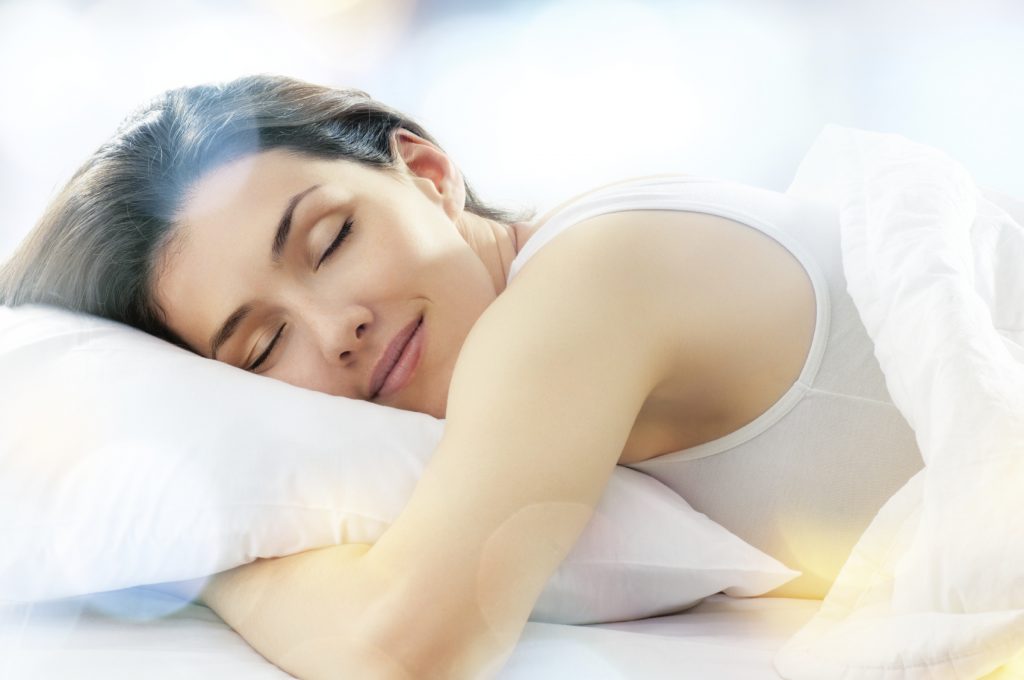
If you run these five plays, but you still can’t get the right amount of beauty rest, then it may be time to see a specialist.
Many people suffer from apnea and don’t even know it. Apnea is a condition where sufferers stop breathing in their sleep. They don’t even wake most times, but their sleep cycle is arrested.
If these tips help you, don’t hesitate to share the page.
Sweet dreams!